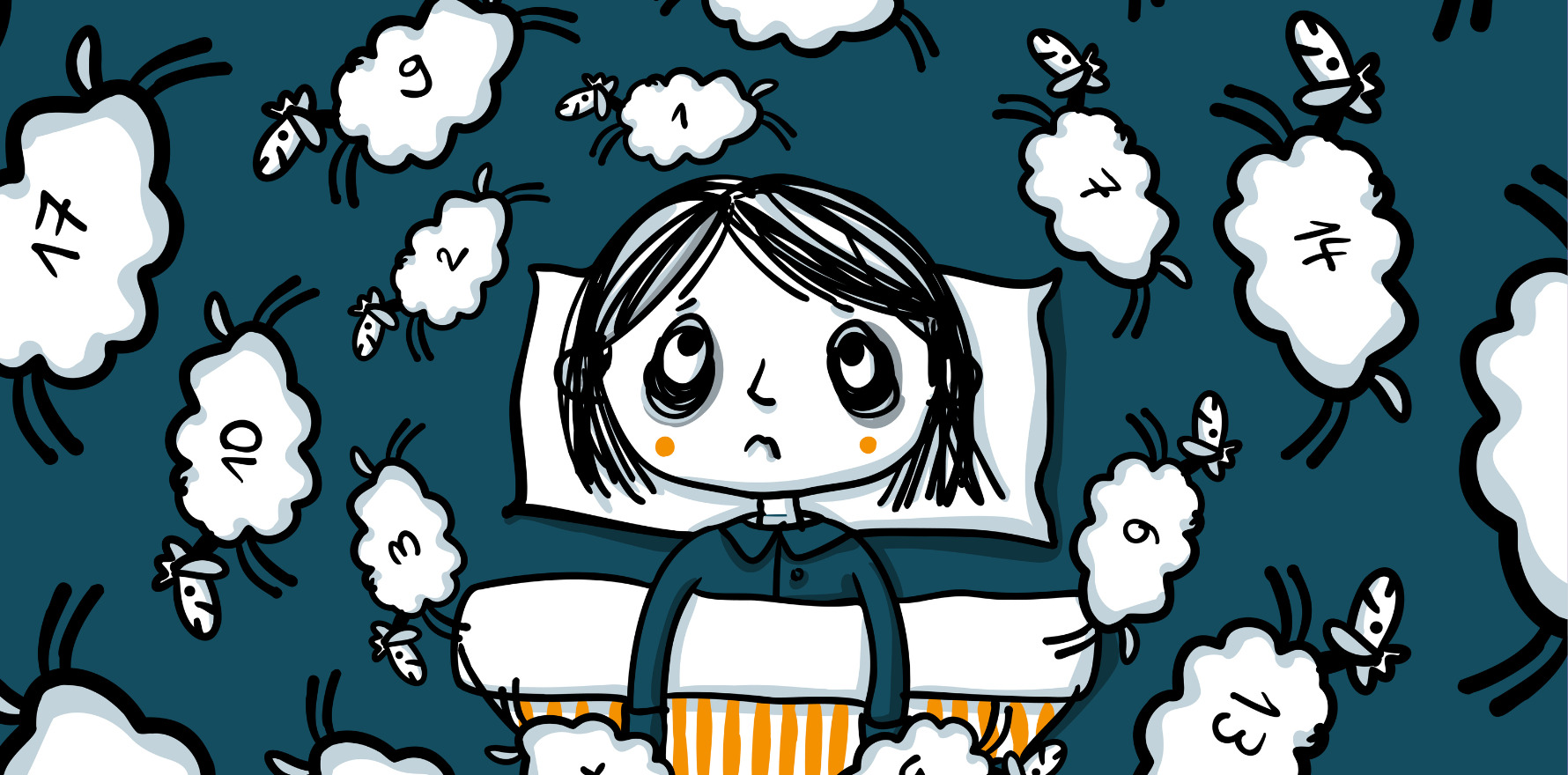Large genetic analysis shows the gut and sleep influence each other, opening the door to microbiome-based therapies.
Evidence of a causal, bidirectional relationship between gut microbiota and insomnia suggests that the gut–brain axis may play an important role in both the development and consequences of poor sleep, researchers say.
The large Mendelian randomisation (MR) study used genome-wide association data from more than 386,000 people with insomnia, combined with microbiome data from over 26,000 participants in the MiBioGen alliance and the Dutch Microbiome Project.
Results have been published in the BMJ journal General Psychiatry.
The researchers identified 22 bacterial taxa that appear to affect the risk of insomnia. Fourteen taxa were associated with an increased risk, with odds ratios ranging from 1.01 to 1.04, while eight taxa appeared to offer a protective effect, with odds ratios between 0.97 and 0.99.
Reverse analyses showed that insomnia itself alters the gut microbiome, increasing the abundance of 12 bacterial taxa and reducing that of seven. Among these, the genus Odoribacter demonstrated a particularly robust and significant bidirectional association with insomnia, even after stringent sensitivity testing.
“Our study offers preliminary evidence supporting a causal effect between gut microbiota and insomnia. This enriches our understanding of this connection and furnishes novel perspectives for microbiome-centred treatment strategies for insomnia,” the authors wrote.
Insomnia is one of the most common sleep disorders worldwide, affecting an estimated 10% to 20% of the population. Around half of those affected develop a chronic form of the condition, which is associated with impaired daytime function, reduced quality of life, increased healthcare costs, and elevated risks of depression, cardiovascular disease, metabolic disorders and premature mortality.
The pathophysiology of insomnia is multifactorial, involving genetic predisposition, stress, behavioural factors and environmental triggers. Increasingly, changes in the gut microbiota have been recognised as a potential contributor.
The gut microbiome is shaped by diet, age, stress and illness, and communicates with the central nervous system through immune, hormonal and neural pathways collectively known as the gut–brain axis.
Short-chain fatty acids, serotonin and melatonin derived from microbial metabolism are key mediators of this communication, with direct effects on sleep regulation, circadian rhythm and emotional health.
Previous studies have shown associations between gut microbiota composition and various sleep characteristics, but disentangling cause and effect has been difficult, the authors noted.
They applied multiple MR methods, including inverse variance weighting, MR-Egger regression and MR-PRESSO, alongside sensitivity tests such as leave-one-out and the Steiger test, to confirm the stability and directionality of their findings. The results were consistent across analyses, strengthening the argument for genuine causal links.
The implications of this work were clinically significant, they said.
“Previous studies have shown that the relative abundance of Bacteroides, Coprococcus and Prevotella differs significantly in patients with major depressive disorder, bipolar disorder and schizophrenia from that in control subjects,” the authors wrote.
“The abundance of Coprococcus in the faecal microbiota of Parkinson’s disease patients is also significantly lower than that of controls. The increase in the abundance of Prevotella in the colonic mucosal area is associated with both local and systemic diseases, including periodontitis, bacterial vaginosis, rheumatoid arthritis, metabolic disorders and low-grade systemic inflammation.
“Some Prevotella strains are clinically important as pathogenic factors promoting chronic inflammation. Microbial communities enriched in the genera Lachnoclostridium, Coprococcus 1 and Lachnospiraceae UCG-001 are associated with symptoms of depression.
“These previously discovered links with depression may also be related to the occurrence and development of insomnia.”
Conversely, established insomnia may lead to changes in the microbial community by enhancing the expression of virulence genes, which may be induced by stress mediators released by the ENS.
“Elevated levels of interleukin-6 (IL-6) have been observed in primary insomnia patients,” the authors wrote.
“Transplanting human gut microbiota from sleep-deprived individuals into germ-free recipient mice induces an increase in IL-6 levels in the serum. The levels of certain neurotransmitters, such as serotonin and dopamine, may also change in insomnia and, in turn, influence the gut microbiota that releases these neurotransmitters.”
Overall, they noted the intertwined effects of insomnia on gut microbiota and vice versa represented “a complex bidirectional relationship involving immune regulation, inflammatory response, release of neurotransmitters, and other molecular and cellular pathways”.
“Mental and metabolic disorders are closely related to the disruption of the biological clock. It was reported that dysregulation of the circadian rhythm of microbial hosts can significantly affect microbial oscillations,” the authors concluded.
“When circadian rhythms are disrupted, brain signals and the intestinal circadian clock also become disrupted, which may lead to imbalances in gut microbiota, bacterial migration, invasion and inflammation, thereby increasing the risks of metabolic disturbance.
“Similarly, the disruption of gut microbiota can lead to changes in the peripheral and intestinal clocks, and microbiota-derived metabolites and SCFAs can affect the host’s biological clock.
“This complexity urges further exploration of the causal connections between gut microbiota and insomnia.”


